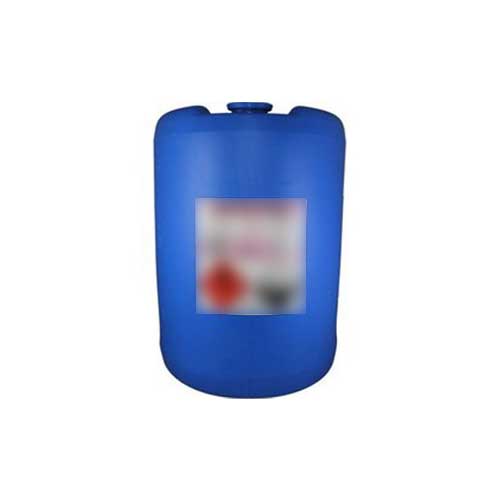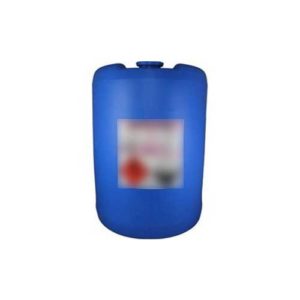CITRIC ACID (C6H8O7)
ABOUT:
Citric acid is typically produced through a fermentation process. This method employs the use of a microorganism, such as Aspergillus niger, which converts sugars like glucose or sucrose into citric acid. The process is typically carried out in large stainless steel tanks under temperature and pH control. The resulting solution is then purified, concentrated, and dried to yield powdered citric acid. Chemical synthesis is another method for producing citric acid, but it is not widely used due to its high cost and lower yields when compared to fermentation.
PHYSICAL PROPERTIES:
Appearance: colorless, crystalline powder
Taste: Tangy, sour taste
Melting point: 310°C (590°F)
In a 10% aqueous solution, citric acid has a pH of around 3, making it a weak organic acid.
CHEMICAL PROPERTIES:
- It absorbs moisture from the air
- Is soluble in water but insoluble in organic solvents
- Citric acid is commonly used as a food preservative and flavor enhancer.
- It is most commonly produced through the fermentation of sugars.
APPLICATIONS:
- Citric acid is often used in cosmetics and personal care products to adjust the pH to a more acidic level, making the product more stable and effective.
- It has antioxidant properties and is used to protect cosmetic products from spoilage caused by oxidation.
- Citric acid can boost the activity of preservatives, allowing the product to last longer and preventing the growth of harmful bacteria.
- Citric acid can also be used to provide a fresh, clean scent in personal care products such as body wash, shampoo, and conditioner.
- Citric acid is used as a chelating agent, buffering agent, and pH adjuster in the production of detergents and soaps.
- As a chelating agent, it helps to remove mineral ions that can interfere with the cleaning process.
- Citric acid is used to add a tart, tangy flavour to foods and beverages and acts as a flavour enhancer.
- Citric acid is used to remove mineral ions that can interfere with the stability and appearance of food and beverage products.
- Citric acid helps to preserve the fibers in the leather, making it more durable and resistant to rot, decay, and insect damage.
- It is used as an inactive ingredient in tablet and capsule formulations to increase bulk, regulate dosage form disintegration and dissolution, and improve product flowability.
- Citric acid is used as a mordant in the dyeing process of textiles, helping to fix the dye to the fabric.
SAFETY MEASURES:
- Wear protective clothing, such as chemical-resistant gloves, aprons, and goggles.
- Work in a well-ventilated area, as sulfuric acid produces fumes that can irritate the eyes, nose, and respiratory system.
- Use a secondary containment system, such as a tray or basin, to catch any spills or leaks.
- Store the acid in a cool, dry place, away from flammable and reactive materials.
- Always add the acid to water, never add water to the acid. This will reduce the risk of a reaction that could produce heat or fumes.
- In case of skin contact, wash the affected area immediately with copious amounts of water. If splashed in the eyes, rinse the eyes for at least 15 minutes and seek medical attention.
- Keep a fire extinguisher nearby in case of a fire.





Reviews
There are no reviews yet.